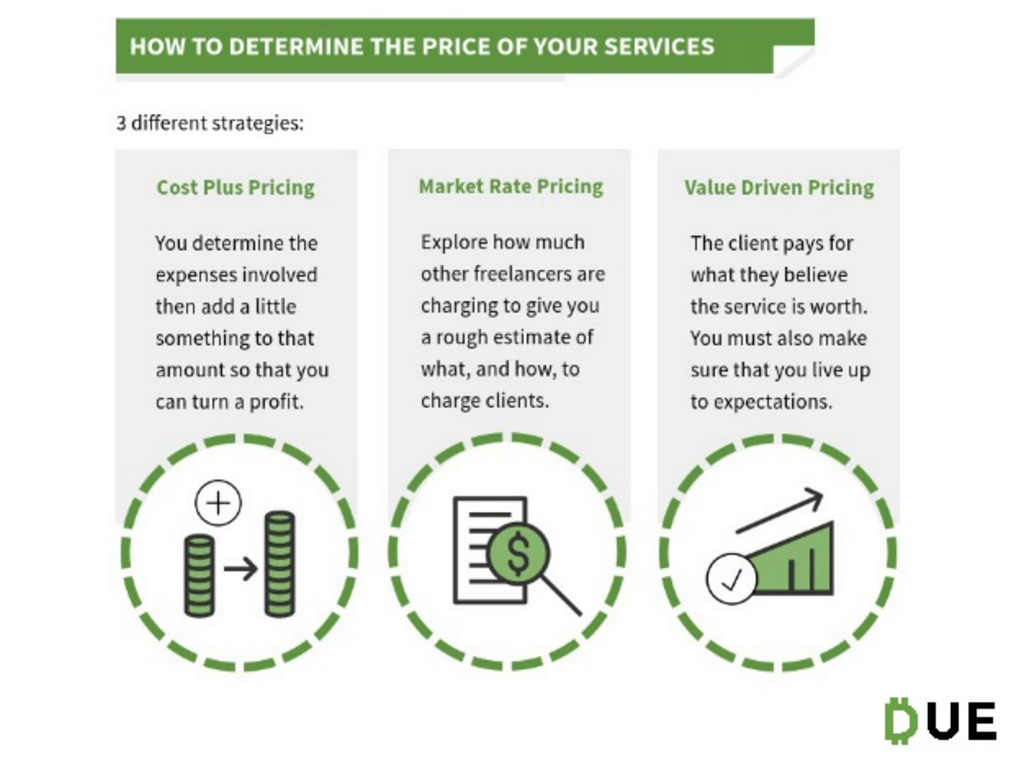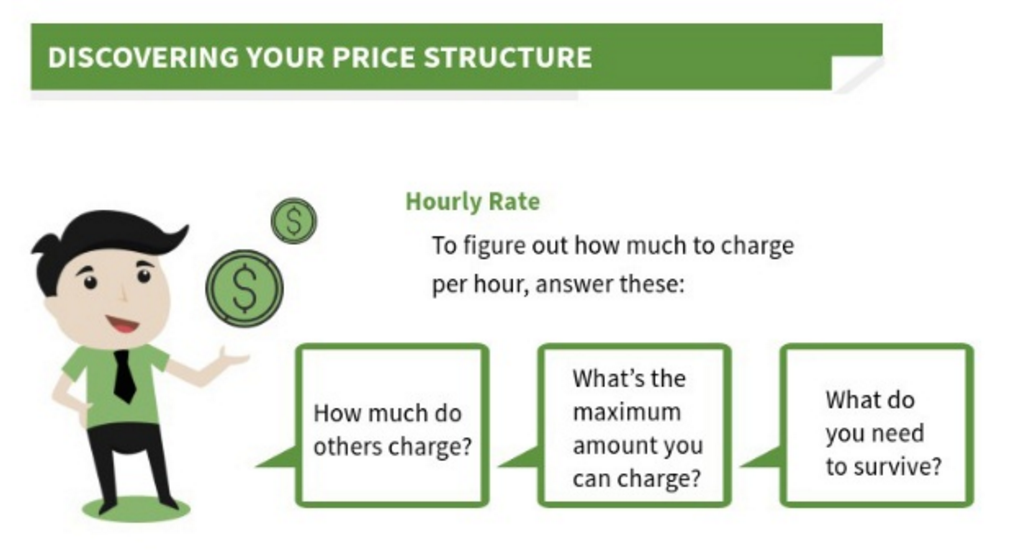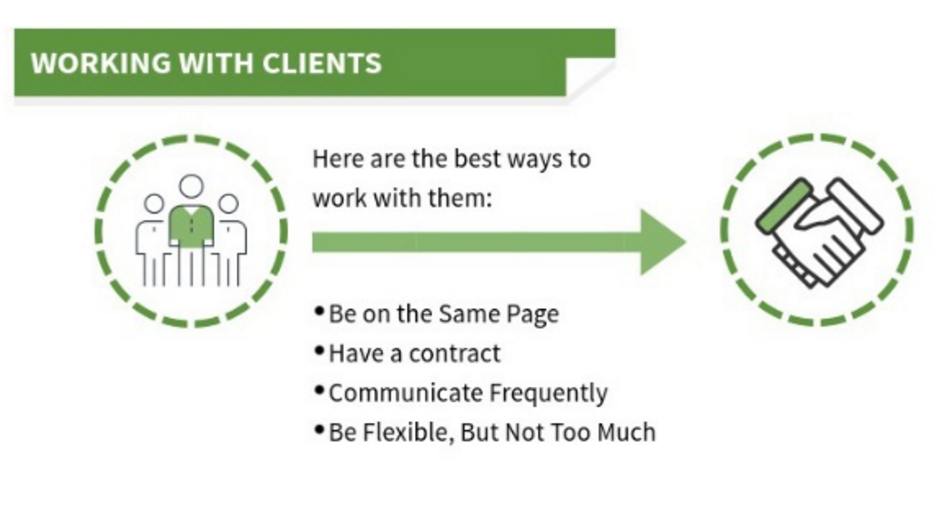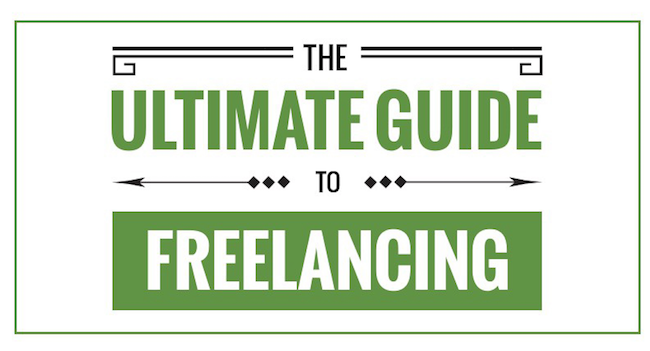A freelancer is someone that doesn’t fit the 9-to-5 career and has decided to strike out on their own to create a job that fits their schedule, choosing to work on their own terms. While freelancing has grown in popularity and opportunity as more major companies all over the world look to freelance bloggers, content writers, developers, graphic artists and others to fill in the gaps and handle various projects, there is still risks involved that anyone considering this career path should consider.
Our Ultimate Guide to Freelancing SlideShare provides an overview of what is involved in freelancing as a career. The slide presentation defines what it means to be a freelancer, opting to work with many companies on various projects rather than choosing one employer. While you have the ability to make a lot of money, work as your own boss, and tend to be happier and healthier, the downsides to freelancing include inconsistent work flow, no job security, a lack of benefits and the risk of not being paid. Another benefit of freelancing is to work wherever you want, but you need to ensure it’s distraction-free so you can meet deadlines and be as productive as possible to maximize that revenue potential.
Ultimate Guide to Freelancing
In order to get those freelance jobs, you need to do some marketing and self-branding. This includes creating a logo and website that promotes your services. You want to get your contact information out there and market yourself across multiple channels and platforms, including sharing examples of your work that illustrate your range of talent and overall skill set. Familiarize yourself with the wide range of marketing tools you can use to highlight your capabilities, such as testimonials, case studies, business directories, emails and in-person at networking events. You can also search online for freelance work, including the many job boards and job marketplaces that have popped up to satisfy the demand for freelancers.

Once you start getting interest, be sure to have an idea of what you want to charge. Think about the model you want to use for your rates (cost plus, market rate, value driven, etc.).

You want to think about how much you need in order to survive and cover those basic needs. Also think about you what you would like to make above and beyond that as a profit. Think about how you can use to reinvest in your business, save, and use to enjoy life.
When you have clients, remember to maintain a specific type of relationship with them. Make sure you will grow together and it will be easier to have consistent work each month. This approach means clear communication, an agreement form, flexibility, and general consensus on how you see the relationship. However, not every client is going to be that easy. Some red flags of difficult clients include those that talk about previous bad experiences with freelancers. They question whether they have to pay for work they don’t like, or discuss their legal rights. Not everyone will be right for you as a freelancer. So it’s up to you to screen your clients just as they would with you.
Working with Clients

Project management is an important aspect of freelancing as it helps you get things done. It helps to schedule work, meet client expectations, and take on additional projects and clients. The best approach is to use software to encourage project management and collaboration with your clients. By doing so, remaining professional, billing early, and invoicing frequently, you’ll find fewer problems with getting paid as a freelancer.
Planning is important, including setting aside money to pay taxes. You also want to make sure that you don’t end up working all the time. Instead, take time for yourself while managing your overall freelance schedule and staying productive throughout the week. As a result, you will develop a successful and sustainable career as a freelancer.
Check out our SlideShare presentation below.














